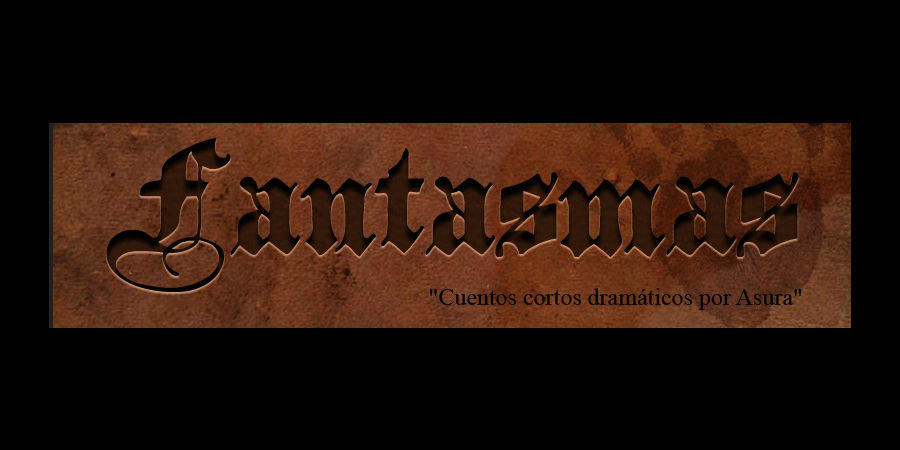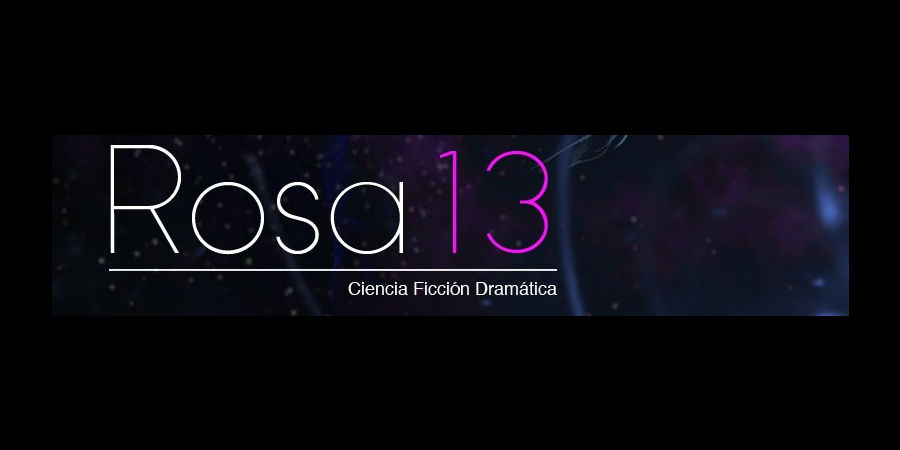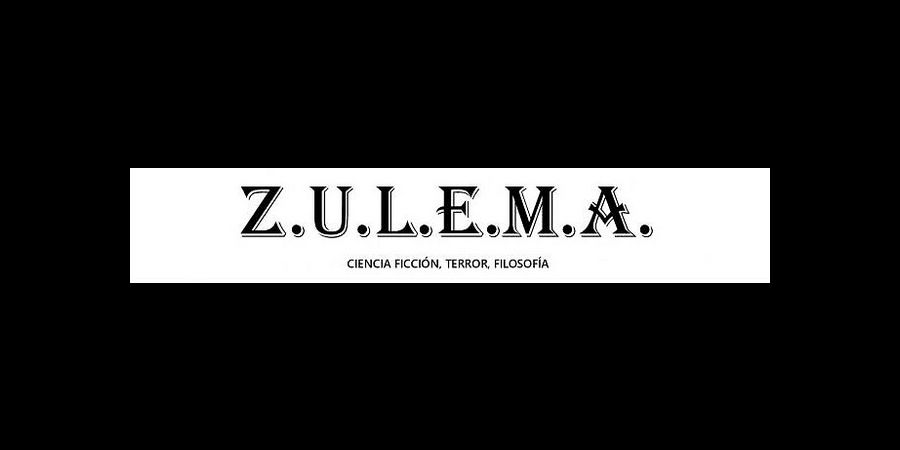Muchas notas se entienden sin necesidad de referir el texto original, sólo pondré el origen cuando considere que se necesita el contexto para entender la nota
Los rusos llamaban <<alemana>> a la indumentaria de tipo europeo, muy distinta a la típica del país. Además, solían emplear el término <<alemán>>, como sinónimo de <<extranjero>>
El verdadero nombre es Helena. Alena es una deformación hija del lenguaje popular
El rubro tiene cien kopecks
Cuando se menciona la Podiatcheskaia, hay una nota que dice>>
Calle del centro de San Petersburgo
Cuando se menciona el cargo de consejero titular, hay una nota que dice>>
Noveno grado de la jerarquía civil rusa en aquella época
El autor llama a este personaje unas veces Amalia Feodorovna y otras Amalia Ivanovna
Cuando se menciona la Petite Ferme, hay una nota que dice>>
Canción popular
Tener alquilada una habitación entera estaba considerado como unlujo por la gente pobre, que alquilaba generalmente una parte, un rincón de la habitación
Cuando se menciona un plato de chtchis, hay una nota que dice>>
Sopa de coles, plato corriente en Rusia
La versta tiene poco más de un kilómetro
Cuando no había duda de la mala conducta de una muchacha, se manchaba con brea la puerta de la casa de sus padres
Cuando se menciona la cuaresma de la asunción, hay una nota que dice>>
Del 1 al 15 de agosto
Cuando se menciona el nombre de Vasilievski Ostrof, hay una nota que dice>>
Isla de la desembocadura del Neva
Cuando se menciona la virgen de Kazán, hay una nota que dice>>
Fue una de las vírgenes más veneradas en Rusia. En la catedral de Kazán, de Peterburgo, hubo, desde el año 1721, una imagen de la virgen que hacía grandes milagros y procedía de Kazán
Dunia es diminutivo de Avdotia; Dunetchka, de Dunia
Cuando se menciona la isla Petrosvki, hay una nota que dice>>
Esta isla debe su nombre a Pedro el Grande, que construyó un parque en ella
Cuando se inicia el sueño de Raskolnikof, en el cual se masacra al caballo, hay una nota al pie que dice>>
El sueño de Raskolnikof se entremezcla con los recuerdos de las vacaciones que Dostoievski pasó con sus padres, cuando era niño, a 150 kilómetros de Moscú
Cuando se menciona el pastel de los muertos, hay una nota que dice>>
Plato de arroz de gachas de trigo, con pasas y frutas de dulce, que sirve en las comidas de funerales y que se lleva a la iglesia cuando se celebran oficios conmemorativos
Cuando se menciona a la pequeña burguesía del tchin, hay una nota que dice>>
Funcionarios del estado
Cuando se mencionan los jardines de lusupof, hay una nota que dice>>
Dostoievski habitó cerca de estos jardines en cierta época de su vida
Cuando se dice: “Así les ocurre, sin duda, a los condenados a muerte: cuando los llevan al lugar de la ejecución, se aferran mentalmente a todo lo que ven en su camino”, hay una nota que dice>>
Dostoievski fue condenado a muerte por cuestiones políticas y conducido al lugar de la ejecución. Allí se le conmutó la pena por trabajos forzados. Después de haber cumplido su condena, escribió una de sus obras más admirables. Recuerdo de la casa de los muertos, donde describe lo que vio en el presidio
A lo largo de la obra se mencionan frases en otros idiomas, por ejemplo
Ich danke: <<Gracias>>. En alemán en el original
Man muss: <<Se debe>>. En alemán en el original
Rock: (La nota original dice: <<Su frac>>. Esto me llamó la atención porque según yo Rock es falda; pero al parecer también sirve para designar chaquetas)
Cuando dicen que Rousseau es una especia de Radiscev, hay una nota que dice>>
Escritor ruso de fines del siglo XVIII. Es autor de un libro famoso: Viaje de San Petersburgo a Moscú, obra en la que ataca violentamente los abusos del sistema judicial ruso. Catalina II lo desterró a Siberia
Cuando se menciona la catedral de San Isaac, hay una nota que dice>>
La mayor iglesia de San Petersburgo. Tiene una soberbia cúpula que recuerda la de San Pedro de Roma. También se parece a la del Panteón
Cuando confunden el apellido de Nastasia, ella se molesta, hay una nota al pie que dice>>
En Rusia se considera indelicadeza cualquier error sobre el patrinímico de la persona con que se habla, ya que con ello se le demuestra que se ignora el nombre de su padre
Cuando dicen: “¡He aquí la ventaja de vestirsse en Charman!”, hay una nota que dice>>
Famoso sastre peterburgués de aquella época
Cuando entra en escena por primera vez Porfirio, Fiódr le apellida Simonovitch, hay una nota que dice>>
Más adelante, el autor llama a este personaje Porfirio Petrovich
Cuando se menciona la Escuela de Derecho, hay una nota que dice>>
Centro donde estudiaba la aristocracia
Mikolái es diminutivo de Nicolás (Creo que quisieron escribir Nikolái)
Cuando mencionan a la Sadovia, hay una nota que dice>>
Calle de los Jardines
Cuando dicen: “qué cosas se ven en este Piter”, hay una nota que dice>>
Diminuto de Petersburgo
Cuando se dice: “La verdad siempre se encuentra; en cambio, la vida puede enterrarse para siempre”, hay una nota que dice>>
Es una carta escrita a madame Fouvizine, Dostoievski dice acerca de la verdad: <<Si alguien me demostrara que Cristo está fuera de la verdad, si estuviera positivamente demostrado que la verdad está fuera de Cristo, yo prefiriría permanecer con Cristo que permanecer con la verdad>>
Cuando se mencionan los Crêpes, hay una nota que dice>>
Hojas de pasta frita. Es un alimento muy popular en Rusia. Se come con caviar, con mantequilla, con setas, con crema o con anchoas, y al mezclar se rocía con vodka
Cuando mencionan el campanario de Iván el Grande, hay una nota que dice>>
Campanario del Kremlin. Mide ochenta y dos metros de altura y se terminó en la época de Boris Godunov. Sobre él había una cruz dorada de quince metros de altura, que los franceses se llevaron en 1812, creyendo que era de oro, y que fue reemplazada posteriormente
Cuando se menciona “Las noches egipcias”, hay una nota que dice>>
Obra inacabada de Pushkin
Se menciona el club Dussaud, y hay una nota que dice>>
Hotel y restaurante donde habitó Dostoievski
Se dice esta frase en francés: J’ai le vin mauvais”, que según la nota quiere decir>>
Tengo el vino malo
Se menciona la estación de Malaia Vichera, y hay una nota que dice>>
Pequeña estación de ferrocarril de la región de Petersburgo
Rasumikhine menciona su deseo de dedicarse al trabajo editorial, hay una nota que dice>>
Dostoievski abrigó los mismos sueños que este personaje. Durante toda su vida se vio hostigado por los editores, que le exigían la terminación de sus trabajos en el plazo convenido. Además, cedió al editor Stellovski por una pequeña cantidad el derecho a publicar sus obras completas. De aquí que siempre acariciara el deseo de editar sus propias obras. Este sueño no pudo realizarlo Dostoievski, pero su esposa, Anna Grigorievna, al enviduar, logró lo que no había logrado su marido, pues editó por su cuenta Los Endemoniados y las producciones siguientes. Además, reeditó todas las obras del gran novelista. Por lo tanto, no cabe duda de que Dostoievski, al hacer hablar a Rasumikhine, pensaba en sí mismo
Raskolnikof piensa para sí “habrá que ir a verme a la séptima versta”, y hay una nota que dice>>
A siete verstas de San Petersburgo había un manicomio. En Rusia es frecuente designar los lugares por las distancias que los separan de la ciudad más próxima
Se dice la frase en francés, “tout court”, y hay una nota que dice>>
Sin más ni más
Cuando un personaje hace una reverencia tan profunda, que su mano derecha tocó el suelo, hay una nota al pie que dice>>
Esta inclinación se emplea frecuentemente en Rusia como saludo o para excusarse. También se utiliza en la iglesia para posternarse sin poner la rodilla en el suelo
Cuando se menciona la calle de los Bourgeois, hay una nota que dice>>
Esta calle pertenece a uno de los barrios más populosos de San Petersburgo. Dostoievski habitó en ella en la época en que fue redactor de la revista Le Temps
Se dice en francés la palabra “distinguons”, y hay una nota que dice>>
Distingamos
Se menciona a Dobroliubof, y hay una nota que dice>>
Escritor y crítico de la oposición que ejercitó gran influencia en Rusia en los años de 1860
Cuando se menciona a Bielinsky, hay una nota que dice>>
Célebre crítico y publicista ruso
Se meciona el kutia ritual, y hay una nota que dice>>
El pastel de los funerales
Se menciona a los Gostiny Dvor, hay una nota que dice
Serie de grandes tiendas bordeadas de columnas, que ocupaban cuatro calles de San Petersburgo
Se dice la palabra “pani”, hay una nota que dice>>
Señora en polaco
Se dice la palabra “pane”, hay una nota que dice>>
Señor en polaco
Se dice la frase alemana “Vater aus Berlin”, hay una nota que dice>>
Su padre de Berlín
Se dice la palabra alemana “Geld”, hay una nota que dice>>
Dinero (Que de hecho me gusta mucho que hagan eso, de poner el original y como nota al pie la traducción, aumenta la cultura del lector y no frustra a quienes no hablan esos idiomas)
Cuando se menciona la tarjeta amarilla, hay una nota que dice>>
El documento de las prostitutas
Hay una frase alemana, “Gott der harmberzige”, y una nota que dice>>
¡Dios misericordioso!
Se menciona a Piderit, hay una nota que dice>>
Escritor y médico alemán
Se menciona a Wagner, hay una nota que dice>>
Economista alemán
Hay una frase polaca, “pane ladak”, y una nota que dice>>
Señor bribón, en polaco
Se menciona la avenida Nevsky, hay una nota que dice>>
La más larga avenida de San Petersburgo. Mide cinco kilómetros y atraviesa la ciudad de un extremo a otro
Lástima que no tradujeron las frases que Catalina quiere que sus hijos canten
La romanza en alemán es “Du hast Diamanten und Perlen; du hast die schönsten Augen; Mädchen, was willst du meher?”, y en la nota dice>>
Romanza compuesta sobre la poesía de Heine. La traducción es: Tienes diamantes y perlas... Tienes bellísimos ojos... ¿Qué más quieres, muchacha?
Versión digital disponible aquí














































